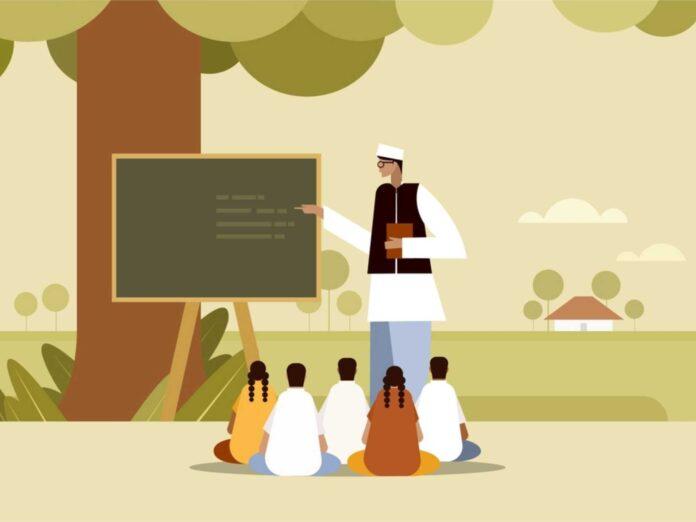India has a rich history of education, with the Gurukul system being one of the oldest and most revered. In the Gurukul system, students lived with their teacher (Guru) in an ashram, where they received a holistic education that included not only academic subjects but also physical, emotional, and spiritual development.
The Gurukul system flourished in ancient India, with renowned scholars such as Charaka, Panini, and Aryabhata emerging from these institutions. The system continued to thrive even during the medieval period, with notable Gurukuls such as Nalanda and Taxila attracting students from across the world.
However, with the advent of colonialism and the introduction of the British education system, the Gurukul system began to decline. The emphasis on rote learning and the neglect of practical skills in the British system created a gap between education and employment, which led to a decline in the popularity of Gurukuls.
In recent years, there has been a renewed interest in the Gurukul system, with many educational institutions attempting to revive this ancient tradition. The emphasis on personalized attention, experiential learning, and the integration of spiritual and moral values in education has led many to believe that the Gurukul system can provide solutions to the problems plaguing the modern education system in India.
However, reviving the Gurukul system in its true form is not without its challenges. The lack of infrastructure, trained teachers, and funding pose significant obstacles to the widespread adoption of this system. Moreover, adapting the Gurukul system to the needs of the modern world while preserving its essence is a delicate balance that needs to be struck.
In conclusion, the Gurukul system of education in India is an ancient and revered tradition that has much to offer to the modern world. While it may not be a panacea for all the problems in the current education system, incorporating its unique features can certainly enrich and enhance the learning experience for students. It is a journey through time that requires patience, perseverance, and a deep commitment to the ideals of education.


